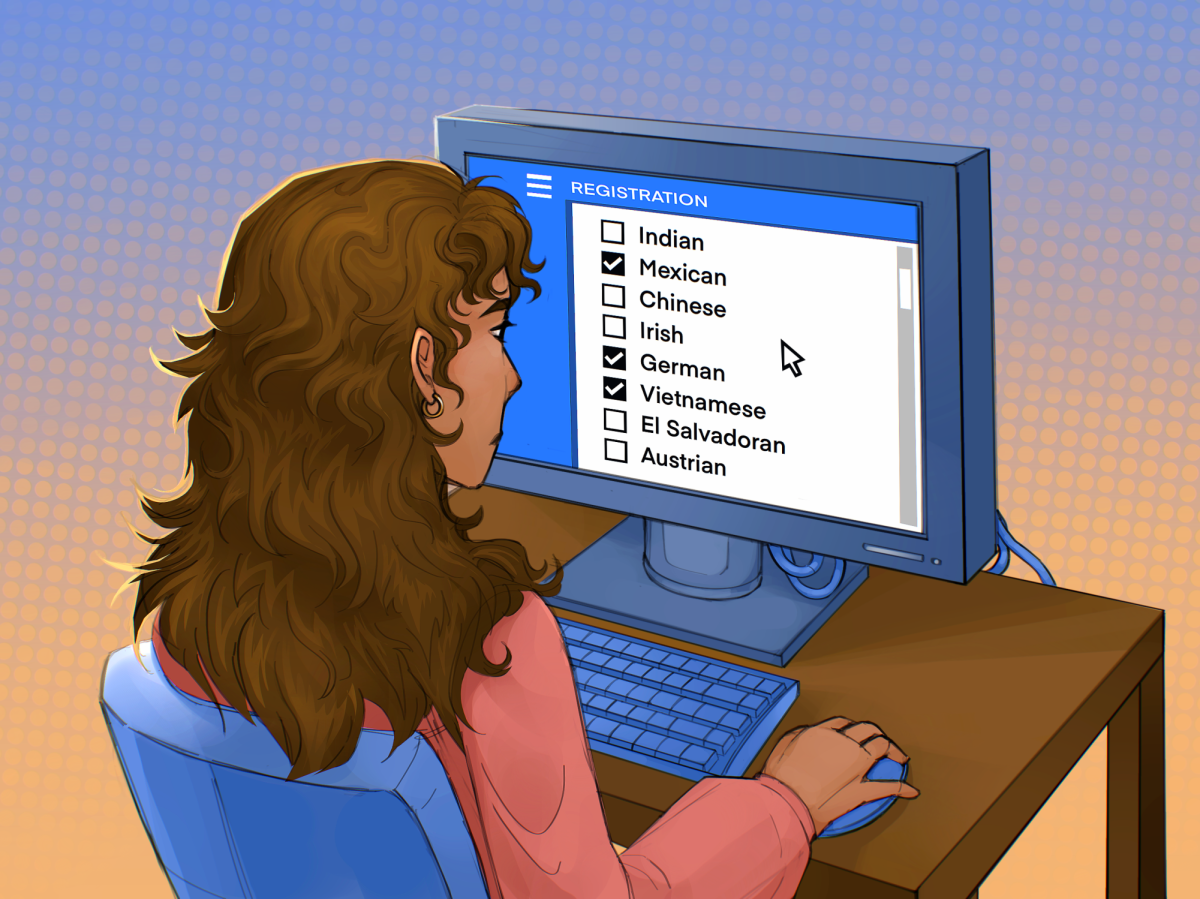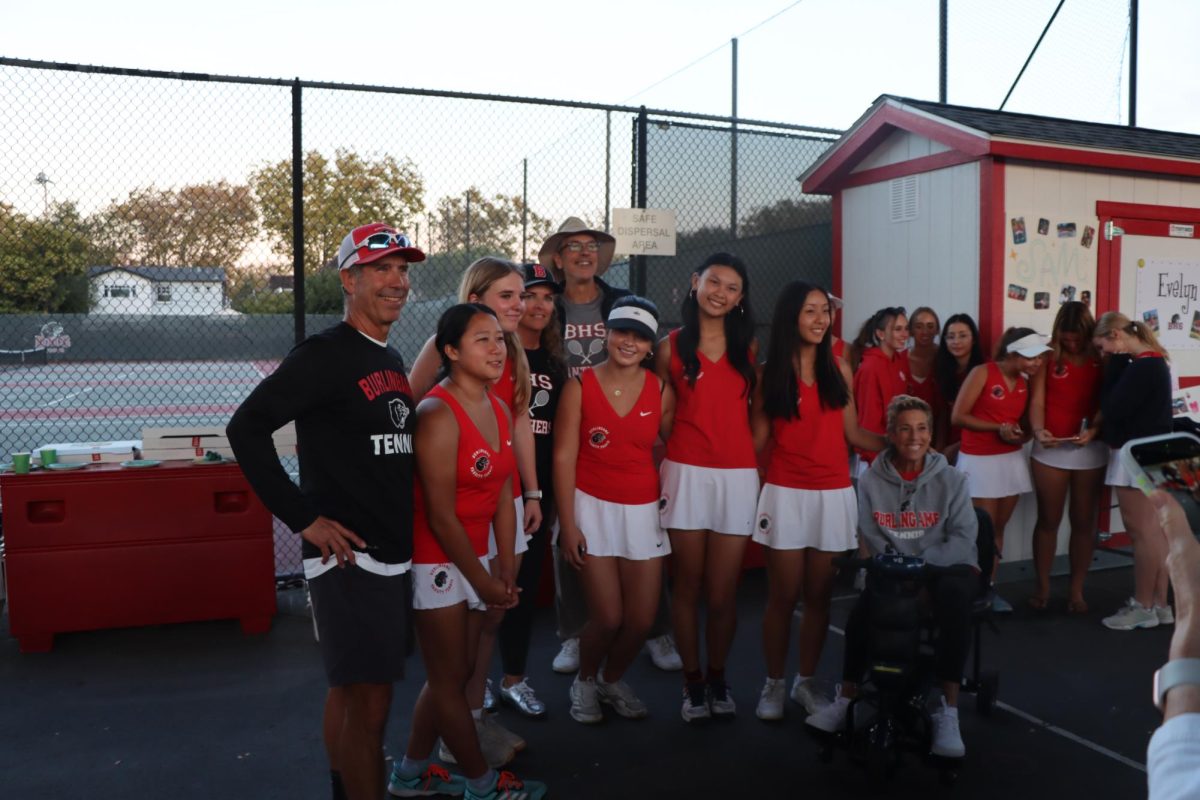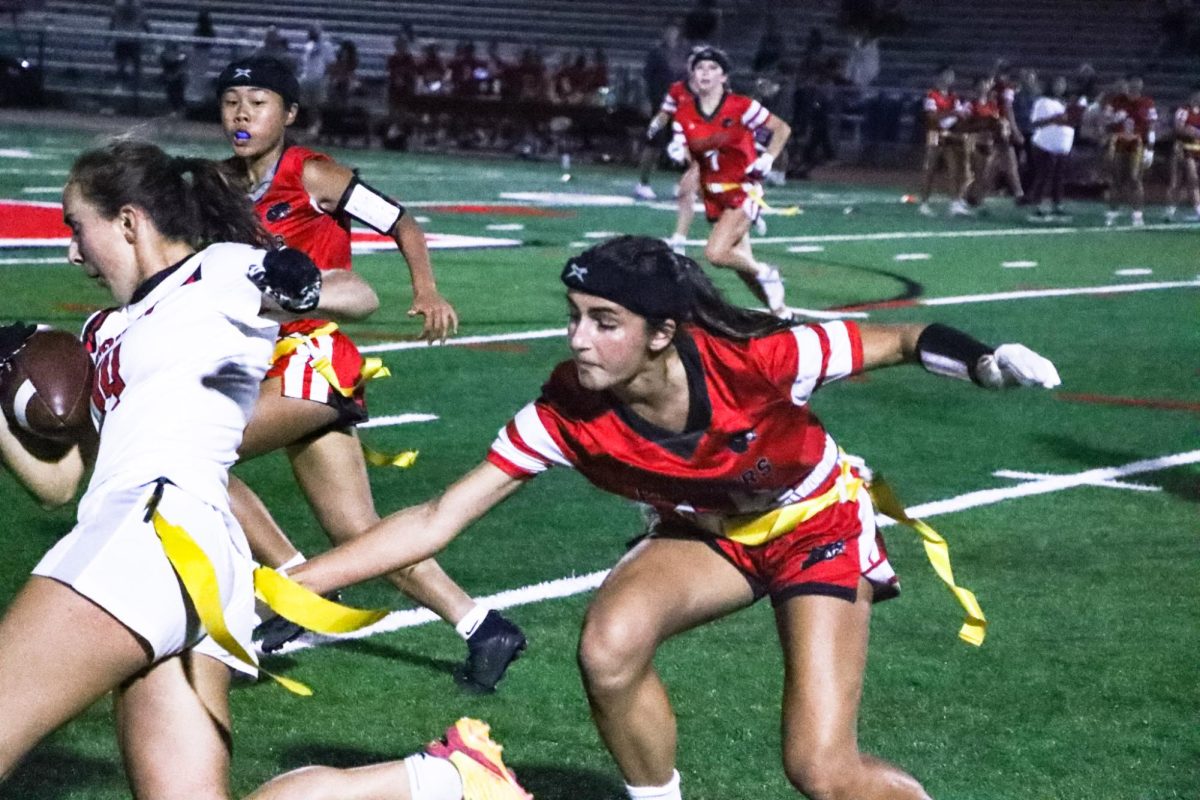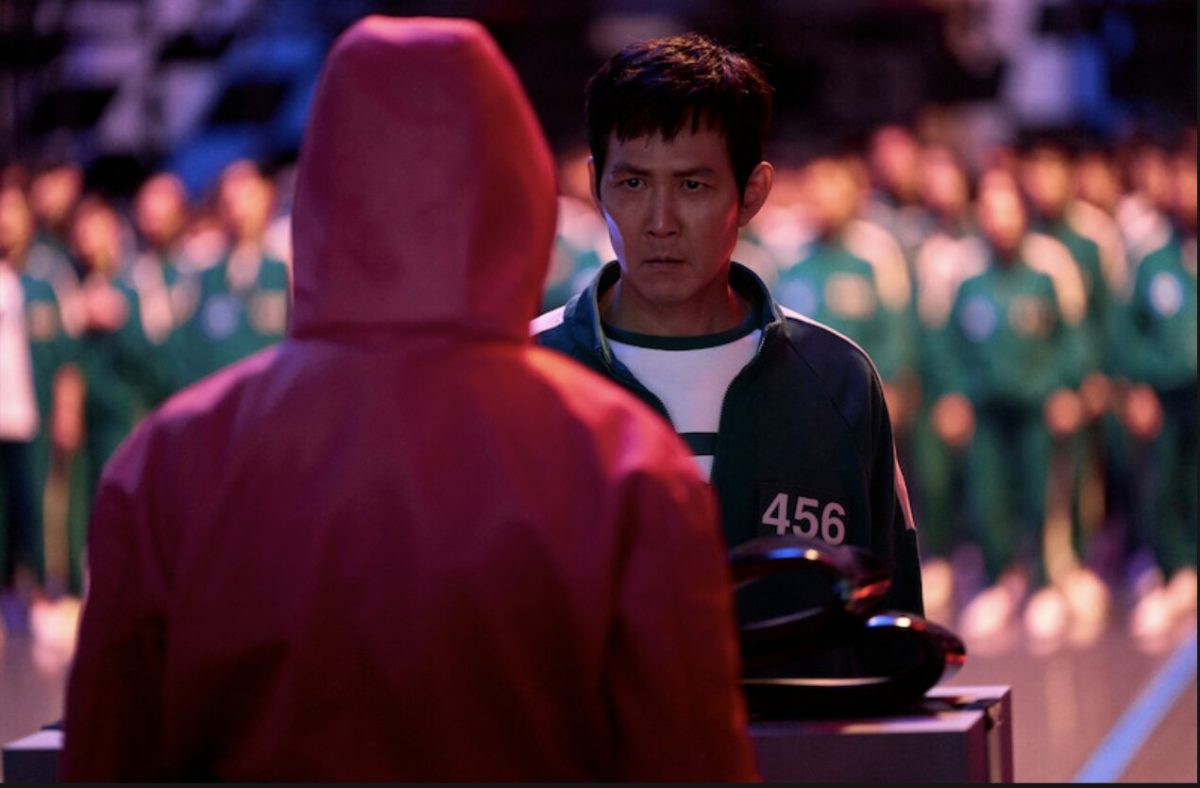“Just one more time.”
That was the plea of Squid Game season two players, urging others to take on another deadly round of games. While the average person may decline the offer, the lure of the prize proved too powerful for contestants to resist.
Released on Dec. 26, 2024, the show has grown faster than any Netflix series, hitting 126.2 million views in just 11 days as of Jan. 7, 2025. The new season dives deeper into the themes of greed and survival, adding greater emotional depth and cultural resonance with the addition of more traditional games. It allows viewers to confront uncomfortable truths about human nature: Are people victims of an exploitative system, or do they willingly participate in their own suffering, driven by desperation and greed?
Squid Game is a Korean series where hundreds of financially struggling individuals compete in a series of high-stakes children’s games for a life-changing cash prize. Each game is deceptively simple, yet failure comes with lethal consequences. Season two picks up where the first left off, building on the moral complexity of Seong Gi-hun, the sole winner of the 33rd Squid Game. Now wealthy but guilt-ridden, he abandons plans to reunite with his daughter to take on ending the games that exploit society’s most vulnerable.
While the games remain as brutal as ever, punishing even the smallest mistakes or twists of bad luck, the season shifts focus to the characters’ humanity. Rather than simply showcasing the new competitions, the show delves deeper into what led these individuals to the games in the first place. With a new cast, I enjoyed the variety of characters even more than in the first season. In the first season, larger side characters like Kang Sae-byok and Abdul Ali stood out for their tragic deaths and emotional resonance, but season two introduces even more of these richly developed characters. Their deep backstories and motivations made it impossible not to feel emotionally attached to most of them.
Adding to the season’s depth, director and screenwriter Hwang Dong-hyuk weaves in insight into the pink soldiers and the masked man —the one who controls the game — and even introduces a new element: players are allowed to vote on whether to continue the games or not after each round. This twist does a better job than season one in showing the brutal reality of their world, highlighting how desperation can strip away compassion when players choose the games over their loved ones.
Cultural depth further enhances the narrative through the inclusion of traditional Korean games like gong-gi, mingle, and flying stone. These games evoke nostalgia for Korean viewers and serve as poignant symbols of innocence lost. Personally, as someone who grew up playing these games, seeing these childhood memories twisted into life-or-death challenges kept me on the edge of my seat and made the losses feel even more heartbreaking — maybe even more so than games like The Glass Stepping Stones from season one. What makes these games especially powerful is their universal appeal; for Korean viewers, they carry a weight of nostalgia and cultural pride, while for international audiences, this show introduces them into Korean culture that might otherwise go unnoticed outside Korea. After season two’s premiere, social media became abuzz with people learning about and even trying these games themselves, sparking a global interest in Korean culture. Following the dalgona candy-picking trend on social media, picked up from season one, a new trend — the “gong-gi challenge” — has emerged on social media.
The season builds to a plot twist that’s both shocking and inevitable, leaving audiences on a cliffhanger that ensures they’ll return for season three, which is scheduled to be released later this year. As someone who loved the first season, I was initially skeptical about whether the second could live up to the hype, but it exceeded my expectations. The plot, the action, and the characters delivered an emotionally heavy and deeply layered story that left me eager for more.





































Anthony Gastelum • Jan 15, 2025 at 8:52 pm
I also think that the media also was able to give it its proper lift to become popular just like other shows.